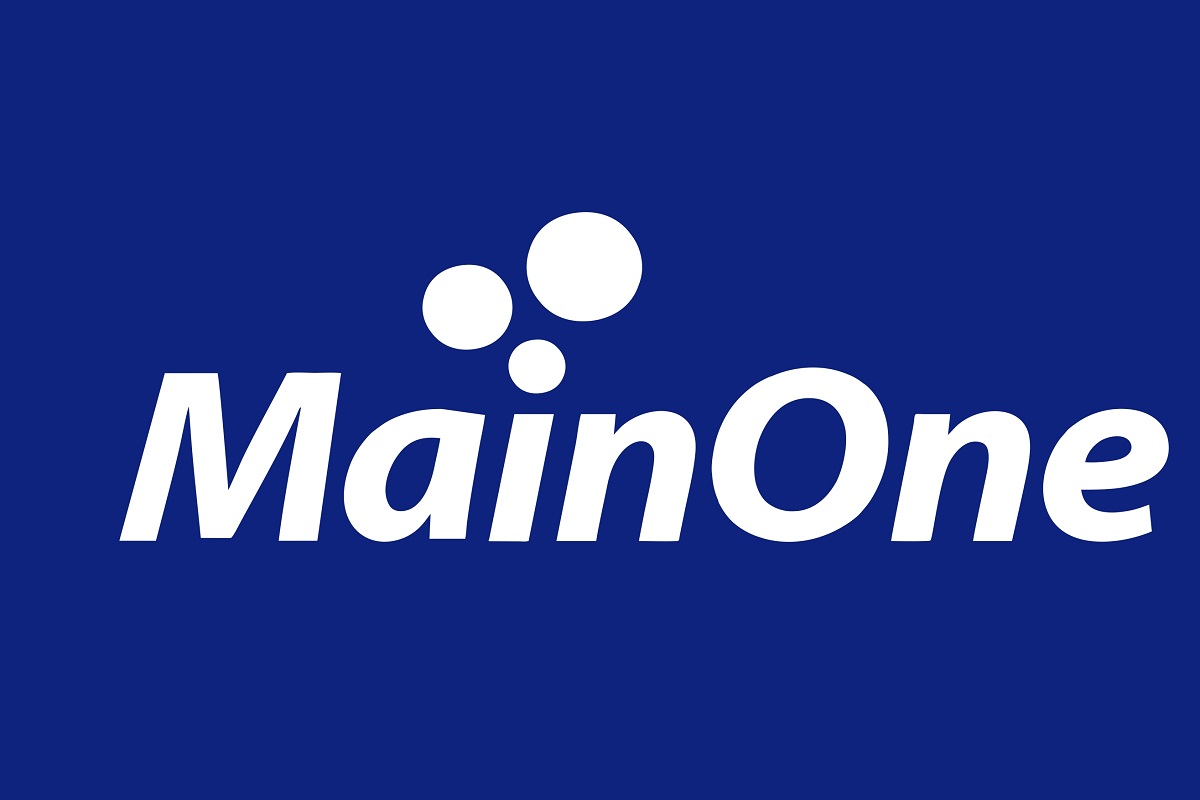Considering the observed success of local content policy in the nation’s oil and gas both up and downstream, indications are rife that leading opinion leaders in Information and Communications Technology (ICT) will begin very early to push for the policy in the sector.
Already, featuring on Cable News Network (CNN) recently, pioneer investor in the nations ICT industry and chairman of Zinox technologies, Mr. Leo-Stan Ekeh called for more investment in the growth of entrepreneurial division of the sector so as to empower more Nigerian youths using ICT as a tool.
Currently, there are different sub-sectors of the sector that call for massive participation by new comers and the best way to deepen the encouragement will be to introduce local content as was done in oil and gas sector by Nigerian Content Development and Monitoring Board (NCDMB).
Analysts are of the view that there are so many areas local content can be introduced to push up growth and off takes.
For example, from broadband development and penetration, to spectrum management as well as protecting ICT infrastructure and licensing of additional InfraCos, up to regulatory framework, quality of service and data floor price, stakeholders strongly believe that if the issue of local content development and patronage are full addressed, it would automatically take care of all other factors that needed to be addressed in the ICT sector in 2017.
Only recently, the Executive Secretary, Nigerian Content Development and Monitoring Board (NCDMB), Mr. Simbi Wabote, called on the federal government to diversify attention and focus on Nigerian content beyond the petroleum industry in order to give local companies operating in other key sectors a sense of belonging.
He gave the advice during a courtesy visit made in conjunction with the multinational oil companies to Dorman Long Galvanizing Plant in Agege, Lagos.
According to him, “A country with a mono-product economy is at great risk, and we can see its effect in Nigeria today. So, the board is exploring how they can support the government, to extend what has been achieved in the local content for Oil and Gas sector to other sectors of the economy.”
Continuing, he said investment opportunities abound in other sectors, like Construction, Information and Communications Technology (ICT), power projects, transportation (railway and aviation) that local content policies and strategies can benefit from.
Besides, the Chief Executive Officer of Teledom Group, Dr. Emmanuel Ekuwem, in an interview said “the economy is down with recession and the best way to move Nigeria out of recession is for government to develop her local content law by encouraging locally developed products and their patronage. If this is achieved, it would not only create jobs, but also boost GDP growth as well as the Nigerian economy.”
To him, “What Nigeria needs at the moment is a general consumer content law that will drive local content development in the ICT sector,” Ekuwem said, while frowning on a situation where the telecoms operators depended largely on importation of telecoms infrastructure, to the detriment of local manufacturers.
President, Institute of Software Practitioners of Nigeria (ISPON), Mr. James Emadoye in his reaction, blamed the federal government for policy inconsistencies and poor implementation.
He gave an instance where the federal government, through the former Secretary to the Government of the Federation, Chief Ufot Ekaette, wrote a letter with Ref No SGF/OP/1/S.3/VII/795, to head of civil service commission, ministries department and agencies (MDAs) of government, on the need to patronise made in Nigeria products, including procurement of locally assembled computers and locally developed software.
The letter directed all federal MDAs to comply with the directive, but expressed deep dissatisfaction that such directive was never implemented.
The situation is more worrisome when some top federal agencies kept breaching the provisions of the directive.
A visit to the website of the Central bank of Nigeria (CBN) yesterday revealed that a letter of invitation to contractors to supply US made DELL Desktop computers where there are better local substitutes is another breach of official directive by a government body.
ICT stakeholders are however upbeat that with more pressure on the government, local content policy may be introduced into the sector to drive robust participation by Nigerians in the sector before the end of the year.









